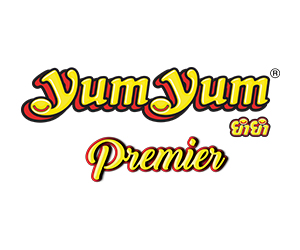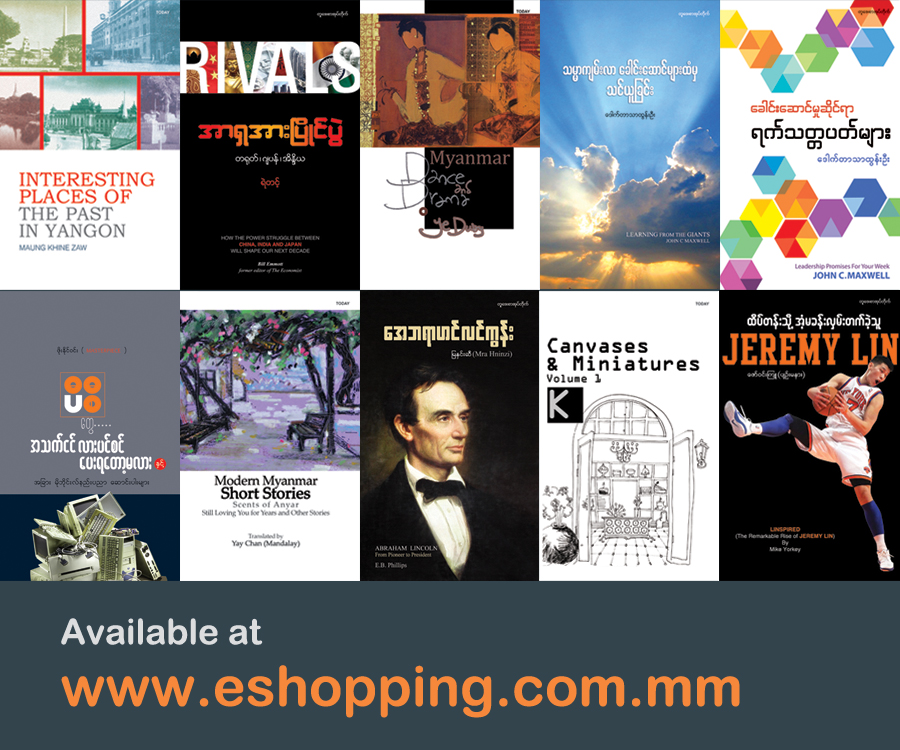China Sichuan-Myanmar Business matching conference
Union of Myanmar Federation of Chambers of Commerce and Industry (UMFCCI) and China Council for the Promotion of International Trade Sichuan Council held China Sichuan-Myanmar Business Matching Conference at the Sule Shangri-La Hotel on May 20, 2005. Matters presented and discussed cover a wide range of subjects covering trade, investment, agricultural implements, mechanical equipment, electrical cables, fish, meat and vegatables, fertilizers, pesticides, etc. The following are excerpts from these discussions.
We’re a training and technology company engaged in importing and technology upgrading. We’re been doing this business for about three years now, with a branch in Yangon and another one in Mandalay. Our main import source is Taiwan. Most of the imports are mechanical equipment. There’re seven categories of import. Our main customers are restaurants, offices, etc. where the mechanical system they use at their points of sale need upgrading. We sell according to their specific needs. There we do research work on upgrading their equipment to assess the required extent of upgrading before we take up the job of upgrading. Today, here in this meeting, we’d like to find partners suitable for training by us. We also have to find out whether doing research for the purpose of upgrading is feasible. We want to have those Myanmar business people who have equipment that are suitable for their businesses.
I welcome today’s business matching event as an effort to seek investment opportunities between the two countries. As evertbody knows, China and Myanmar have had close relations over the past many years in the fields of culture and religion. Now there has been a yearly growth in both normal and cross-border trading with a marked increase in the volume of bilateral trade from 4.75724 billion in 2012-2013 to 7.01624 billion in 2013-2014. China is the largest in terms of trade volume, compared to other countries, making up the biggest chunk of total investments by 33 foreign countries in Myanmar. It has 23% of USD 14.676 billion worth of foreign investment in 74 projects here. At present we’re carrying out three special economic zones (SEZs) for foreign investors to work together with us in. We have economists from Japan working with us in Thilawa SEZ. In Dawei SEZ we have investors including Japan and in particular, Thailand. Kyankphu SEZ _ China is being interested in investing there, because it is there in Kyaukphu that we have oil/natural gas pipeline that runs through Myanmar to Yunan province. This pipeline is now already used to send natural gas. At Yanbye near Kyaukphu we have an oil seaport built by Myanmar and China. We’re now sending oil to China at the rate of 22 million galloons a year. We’ve also an MOU on China-Myanmar coope-ration expending USD 8 million on sectors such as natural gas.
Our company in China manufactures motor car engines, steering rods, pistons and auto parts. We also import a wide variety of German products. We invested millions of dollars in this factory. This is our first-time visit to Myanmar. If we manage to get a license to operate here, we’ll expand our work here. We’d like to make contact with UMFCCI members as business partners. We’ll exchange business cards with them. Then we’ll talk with them, and if they’re interested we’ll show them our products. Then we’ll do market research. We choose Myanmar for business expansion because in the Asean region Myanmar is closest to China. In Myanmar most people use Chinese products. But Chinese products in Myanmar are of low quality_ and cheap, too. We’ll try to improve the quality to have it on a par with the world’s popular brands. We’ll try to penetrate the market. At the moment as a first-time visitor, we haven’t yet studied the market thoroughly. In China our products sell very well, at 120 million yuans a year. And the sales voulume runs up to 200,000 units a year.
motor car engines, steering rods, pistons and auto parts. We also import a wide variety of German products. We invested millions of dollars in this factory. This is our first-time visit to Myanmar. If we manage to get a license to operate here, we’ll expand our work here. We’d like to make contact with UMFCCI members as business partners. We’ll exchange business cards with them. Then we’ll talk with them, and if they’re interested we’ll show them our products. Then we’ll do market research. We choose Myanmar for business expansion because in the Asean region Myanmar is closest to China. In Myanmar most people use Chinese products. But Chinese products in Myanmar are of low quality_ and cheap, too. We’ll try to improve the quality to have it on a par with the world’s popular brands. We’ll try to penetrate the market. At the moment as a first-time visitor, we haven’t yet studied the market thoroughly. In China our products sell very well, at 120 million yuans a year. And the sales voulume runs up to 200,000 units a year.
Our company is the largest cable- manufactur-ing company in China. We produce aluminium cables, electrical wires, using American tech-nology. They are used mostly in coal mines, metallurgy, in railway and tunnel transportation. We have no agent here in Myanmar, but we have them in Vietnam, France, Russia, Korea, Thailand and Brazil. We have 30 percent annual growth.
Translated by Nyunt Thaung
./wp-content/uploads/2018/10/Emirate-Online-TDY.png)




















There are no comments at the moment, do you want to add one?
Write a comment